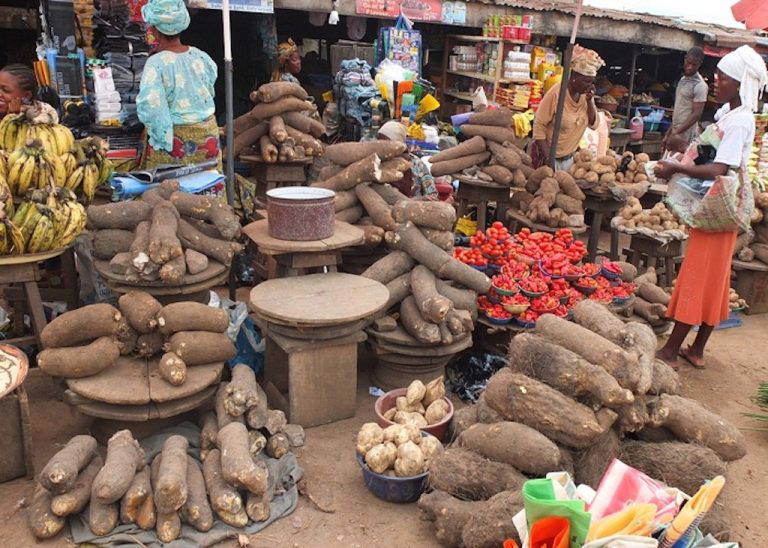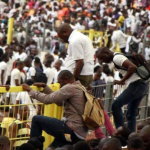As the holiday season approaches, skyrocketing food prices and transportation costs are forcing many Nigerian families to make difficult adjustments to their Christmas celebrations. According to the Universal Declaration of Human Rights (UDHR) and the International Covenant on Economic, Social and Cultural Rights (ICESCR), access to adequate food is a fundamental human right. However, harsh economic conditions in Nigeria are making this right increasingly elusive.
### Food Costs at Record Highs
Visits to markets in Lagos and Abuja revealed the financial strain faced by buyers and sellers alike. At Agric Market in Ikorodu, a resident, Mummy Somto, expressed her shock at the rising costs, noting that a chicken priced at ₦15,000 last year now sells for ₦35,000.
Similarly, at Mile 12 Market, a rice vendor, Mrs. Bukky Osagie, lamented that the cost of a bag of rice has surged to between ₦95,000 and ₦125,000, up from ₦70,000 last December. Other essential items, including garri, vegetable oil, noodles, and spices, have also seen steep increases.
In Abuja, Christmas staples such as poultry are priced between ₦15,000 and ₦35,000, while turkeys cost as much as ₦130,000. Rising feed prices, transportation costs, and supply chain disruptions are blamed for the surge.
Soaring transportation fares are compounding the financial strain on families. A road trip from Abuja to Lagos, which previously cost ₦28,000, now ranges from ₦46,500 to ₦60,000. Airfares have spiked by 218%, with one-way tickets on popular routes such as Abuja-Lagos now costing between ₦220,000 and ₦285,000.
Traders and transport operators have reported decreased demand for travel, with many buses leaving terminals half-empty. Despite government initiatives such as free train rides and a 50% rebate on return transport fares, the relief appears insufficient to ease the financial pressures.
The Nigeria Bureau of Statistics (NBS) reports that food inflation in Abuja has exceeded 40%, contributing to the soaring prices of staple items like rice, garri, and poultry. Experts warn that these economic challenges could undermine the ability of families to celebrate the holidays fully.
Miriam Jagaba, a mother of four in Abuja, shared her struggles, saying, “Last year, I bought a bag of rice for ₦75,000, but now it’s almost double. It’s heartbreaking.”
Despite the financial difficulties, many Nigerians are determined to celebrate the season. At Daleko Market in Lagos, Mrs. Hannah, who was seen purchasing vegetable oil, said, “Whether the devil likes it or not, we will celebrate with our families and share love during this season. We will just adjust our spending according to our means.”
While the government has introduced measures to alleviate some of the economic burdens, the reality for many Nigerians remains stark, with rising costs threatening to dampen the festive spirit.




